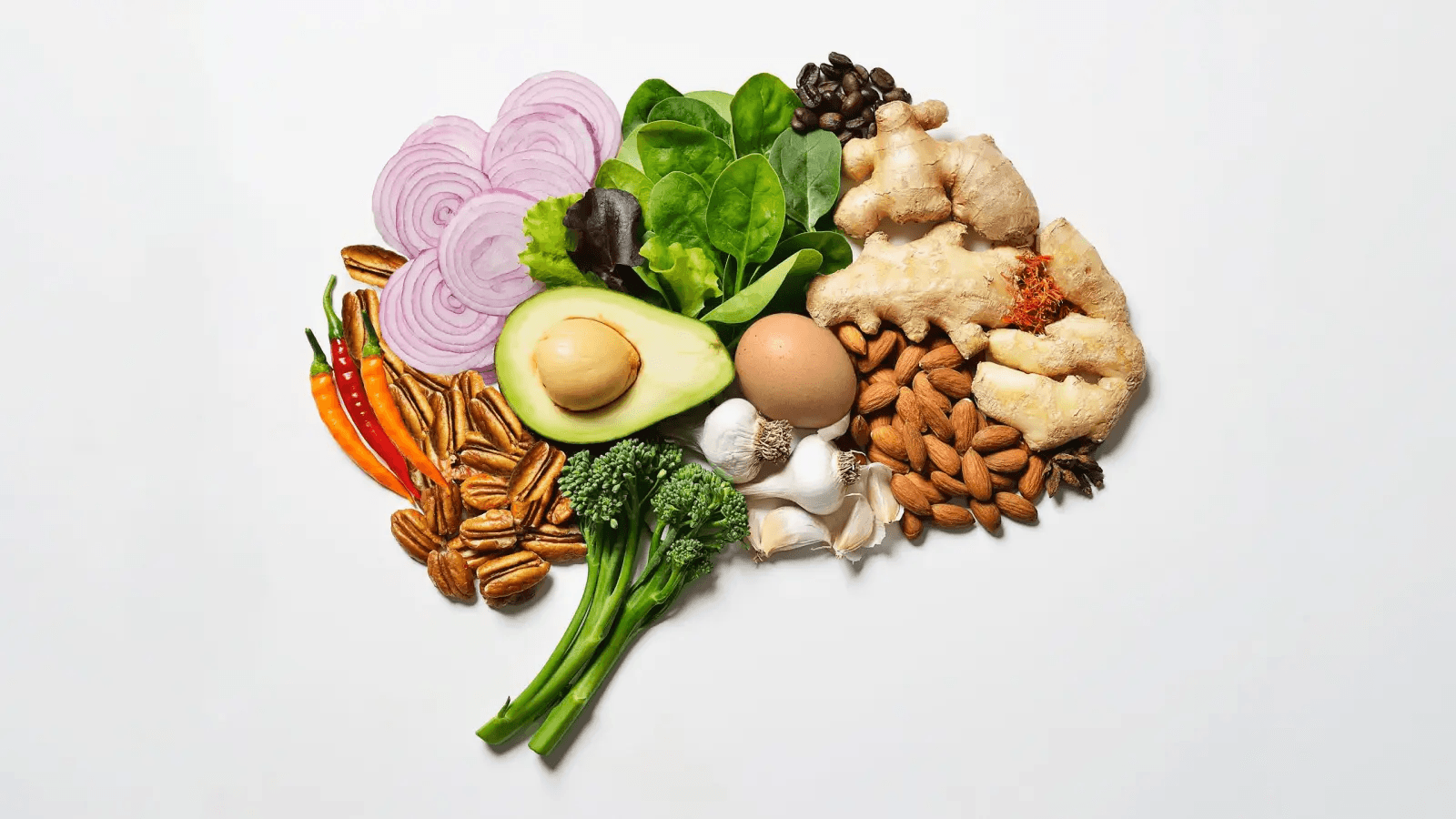Nutrition and Health
Mitigating the Effects of Brain Injuries through Nutrition

June 5, 2023
Brain Injury Association of California Team
Learn how a balanced and nutritional diet can aid in the recovery and overall well-being of individuals with brain injuries.
Brain injuries can have a profound impact on the lives of individuals, often leading to a range of physical, cognitive, and emotional challenges. Recent research has suggested that nutrition may play a key role in supporting recovery and improving quality of life for people with brain injuries.
Understanding Brain Injuries
Brain injuries, often categorized as traumatic or acquired, can result from various incidents such as falls, car accidents, sports injuries, or strokes. The recovery process varies widely from person to person, based on the severity and location of the injury. However, an integral part of recovery, that is often overlooked, is a proper and balanced diet.
Nutrition and Brain Health
A growing body of evidence indicates that the brain requires specific nutrients to function optimally, repair damage, and combat inflammation. For instance, Omega-3 fatty acids, found in foods like salmon, walnuts, and chia seeds, are known to support brain health. Additionally, antioxidants found in fruits and vegetables can combat oxidative stress, a harmful process that can impede brain recovery.
Tailoring Your Diet for Brain Health
To help your body recover from a brain injury, consider the following nutritional strategies:
1. Eat a Variety of Nutrient-Dense Foods: Focus on whole foods that provide a range of essential nutrients. Incorporate fruits, vegetables, lean proteins, healthy fats, and whole grains into your diet.
2. Limit Processed Foods: Many processed foods contain chemicals and additives that can exacerbate inflammation and disrupt brain health.
3. Stay Hydrated: Adequate hydration is crucial for all bodily functions, including those of the brain.
4. Consider Dietary Supplements: Depending on your dietary needs and restrictions, supplements can provide additional nutrients that support brain health. However, always consult with a healthcare provider before beginning a new supplement regimen.
Seek Professional Guidance
Remember, while nutrition can significantly impact brain health and recovery, it is only one aspect of a comprehensive treatment plan for brain injuries. For personalized advice and guidance, reach out to a healthcare provider or a dietitian experienced in neurorehabilitation.
By understanding the link between nutrition and brain health, individuals recovering from brain injuries and their caregivers can make informed dietary choices that support recovery and enhance overall well-being.
Please note that this article is intended to provide general information. It should not be used as a substitute for professional medical advice.
Latest News
Understanding Brain Injuries: The Basics Everyone Should Know
An introductory guide to understanding the basics of brain injuries, including types, causes, symptoms, and treatments.
The Silent Epidemic: Raising Awareness about Traumatic Brain Injuries
This article highlights the need for increased awareness and understanding about traumatic brain injuries, often referred to as the 'silent epidemic.'
The Challenges of Rehabilitation after a Brain Injury
Learn about the various challenges individuals face during their rehabilitation journey after a brain injury, along with strategies to overcome these obstacles.
Brain Injuries in Children: How to Cope and What to Expect
A comprehensive guide for parents and caregivers to help navigate the difficult journey of a child's brain injury, from understanding its effects to developing coping strategies.
The Impact of Brain Injuries on Quality of Life
A deep-dive into how brain injuries can affect various aspects of an individual's quality of life and ways to mitigate these impacts.